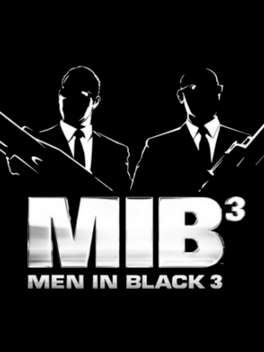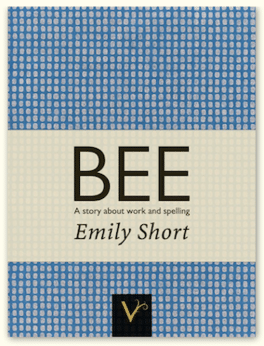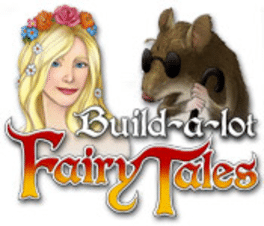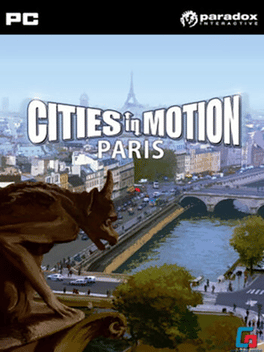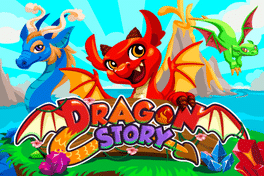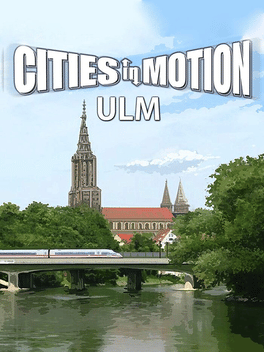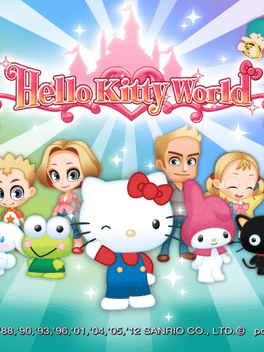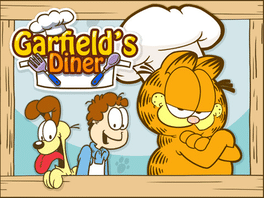New Simulator Games - Page 313
-
Men in Black 3
2012
-
Bee
2012
Bee
2012
The story of a home-schooled girl preparing to compete in the national spelling bee, dealing with various small crises with family and friends, and gradually coming to terms with the clash of subcultures involved in belonging to a family like hers. A piece of interactive fiction written by Emily Short. -
The Solar System
2012
The Solar System
2012
The Solar System is an educational astronomy program developed on the Unreal engine. The game centers around the local planetary system, complete with extensive information on the planets, as well as 88 constellations. -
Depth Hunter
2012
Depth Hunter
2012
Depth Hunter offers 25 exciting missions in which players will hunt different fish species and face the difficulties of breath-holding spearfishing, an ancient fishing method. Players will also have to fight predators, can find treasures and get the possibility to take underwater photos to capture the beauty of the simulated, detailed and lively underwater worlds they’re exploring also in a free mode. The game supports motion controllers. Spearfishing and Underwater Hunting are ancient fishing and hunting methods, used to catch fish and shellfish by using a mechanical harpoon. Today, spearfishing is a sports activity in many countries around the world, especially in the UK, around the Mediterranean Sea and in South America. Spearfishers hunt while diving apnoea, holding their breath, so have to coordinate their energy carefully while monitoring their prey, especially in tactically challenging hunting situations. -
Train Simulator: BR Class 423 '4VEP' EMU Add-On
2012
The 4VEP Add-On takes you back to the days of the classic 'slam-door' commuter trains on the Woking-Portsmouth Line. -
Train Simulator: Portsmouth Direct Line Route Add-On
2012
The Portsmouth Direct Line Expansion Pack is a recreation of the 49-mile railway line between Woking and Portsmouth Harbour via Guildford. -
Build-A-Lot: Fairy Tales
2012
Travel across the fairy tale lands and create new houses and structures to make the world flourish. -
Cities in Motion: Paris
2012
Cities in Motion: Paris is a new addition to the city-based mass transportation simulation game Cities in Motion. The Seine River cuts through Paris, offering opportunities for waterbus routes while presenting a challenge to those looking to cross its banks. Paris' many narrow streets and unique topography will put your urban-planning skills to test. Paris adds a large map with Parisian style architecture, a new campaign plus three scenarios, and four all-new vehicles for use in any Cities in Motion city. -
Monster Physics
2012
Monster Physics
2012
Monster Physics is a unique building app that lets you play with physics! Build and operate your own car, crane, rocket ship, plane, helicopter, tank and more! -
Train Simulator: BNSF SD75 Loco Add-On
2012
The SD75 is a great new BNSF locomotive to keep your freight rolling on the Cajon Pass! -
Train Simulator: Settle Carlisle Specials Add-On
2012
Settle-Carlisle Specials puts you in the cab of fabulous preserved steam locomotives as they haul trains full of rail fans along the Settle-Carlisle line. -
Dragon Story
2012
-
Cho~ricchi! Tamagotchi no Puchi Puchi Omisecchi
2012
Cho~ricchi! Tamagotchi no Puchi Puchi Omisecchi is a Nintendo 3DS game released exclusively in Japan on April 19, 2012. It is a remake of the original Corner Shop game remade with characters from the Tamagotchi! anime, and 3D graphics. -
Train Simulator 2021: E18 Loco
2012
The E18 Passenger Add-On takes you back to West Germany in the 1970s and places you in the cab on an E18 electric locomotive hauling passenger services. -
Cities in Motion: Ulm
2012
Cities in Motion: Ulm is a new addition to the city-based mass transportation simulation game Cities in Motion. Build your mass transit empire in the sandbox set from 1970's to 2030. Experience a real-time city and traffic simulator as each location's bustling population commutes between their homes, jobs, and leisure sites. The Ulm expansion includes a new city with an additional scenario and a unique landmark from this fascinatingly iconic German landscape. -
Hello Kitty World
2012
Hello Kitty World
2012
Hello Kitty World is a real-time theme park simulation game created and developed by Sanrio (Nifty/Sanrio Wave Inc. ). Hello Kitty World was released on April 9, 2012 and is available to play on smart phones and iPad. In Hello Kitty World, players can attempt to develop and create their own Sanrio Amusement Parks. Players are then able to expand their businesses and grow their theme park from the ground up, through a series of goals. -
Garfield's Diner
2012
-
Oshare Princess DS: Oshare ni Koishite! 2 Plus
2012
Adds new art and added scenario and dress up items. -
Train Simulator 2021: Settle to Carlisle Route
2012
The Settle-Carlisle Expansion Pack is a superb modern recreation of this famous and beautiful British route, complete with 5 locomotives and rolling stock.
